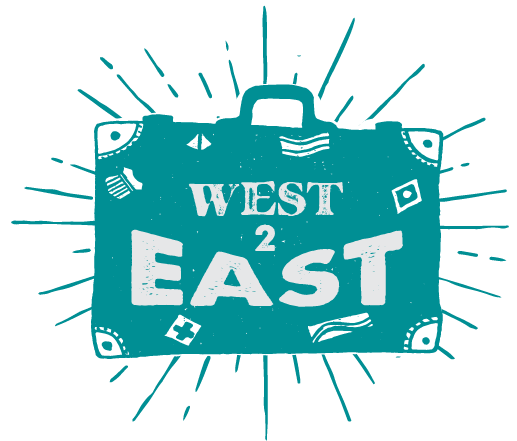5 Things You Need to Know Before Visiting A Mosque
If you find yourself in Turkey, you most certainly need to put visiting a mosque on your list of things to do. Islam first entered Turkey with the Seljucks in the 11th century, and today with a mosque on every corner and the call to prayer sounding five times a day, it is an important part of Turkey’s culture. Thus, poking your heard in a mosque for at least a few minutes will help you understand this place and its people better.
This mosque has six minarets from which the call to prayer sounds five times a day.
We want to provide you with a few tips so you can visit a mosque with the comfort of knowing you are showing proper respect. However, here’s the disclaimer: These are general guidelines. You may find that the mosque you are wanting to visit will have different rules for visitors than the ones listed below. Still, I have been in many mosques in Turkey and the guidelines below have always served me well.
This sign was posted outside of a mosque.
1—Women need to cover their head, arms, and legs before entering a mosque.
Ladies, that means you need a scarf on your head, long sleeves, and long pants or a long skirt. Some mosques will have scarves and skirts available for women to use. (I have also worn short-sleeves in a mosque before but following these guidelines will be the safest route.) Men, your legs need to be covered, so don’t wear shorts.
2—You need to remove your shoes before entering a mosque.
Sometimes there will be bags available in which you can place your shoes. Sometimes there are shelves on the outside or the inside of the mosque where you can place your shoes. But the important thing to remember is that if you are standing on carpet, you shouldn’t have your shoes on.
Some mosques have bags available at the entrance in which to place shoes.
This particular mosque had shelves lining the walls in which to store the shoes.
3—Don’t be loud.
If you are visiting during one of the five daily prayers, I would suggest you say nothing. If you are visiting at another time, keeping your voice low should be sufficient.
4—Be careful taking pictures.
There may be signs and/or instructions indicating whether taking pictures is allowed. If the mosque is big and busy, you will probably end up taking a picture with people in it. However, if you enter a small mosque and people are inside praying, you shouldn’t take their picture.
There is usually a separate area in mosques for women to do their prayers.
The women's prayer area is usually at the back of the mosque and has some sort of divider or it is in a balcony at the back of the mosque.
5—Know the parts of a mosque.
Turkey has mosques stretching from the 11th century to present-day, so there is a wide variety of construction and design. However, there are two features that are in every mosque. First, the mihrab. This is a niche in the wall that indicates the direction of Mecca and thus the direction people should face when praying. Second, every mosque has a minbar. This is a structure of raised steps from which the imam delivers the Friday sermon. (An imam is a Muslim religious leader who leads daily prayers and gives the Friday sermon.) There will also probably be Arabic script along the walls, ceiling, door frames, etc. and these are verses from the Qur'an.
This is the mihrab.
This is the minbar.
If you’ve never entered a mosque before it can be an intimidating experience. However, because the mosque plays such a central-role in Islam, it is a worthwhile endeavor in order to better understand this religion and its adherents.
TO OUR FRIENDS IN THE WEST, KEEP LOOKING EAST!
Leslie Connors
Leslie is a co-founder of West2East. Originally from Tennessee, Leslie has called Turkey home for the past eight years. To read more about her, click here.










